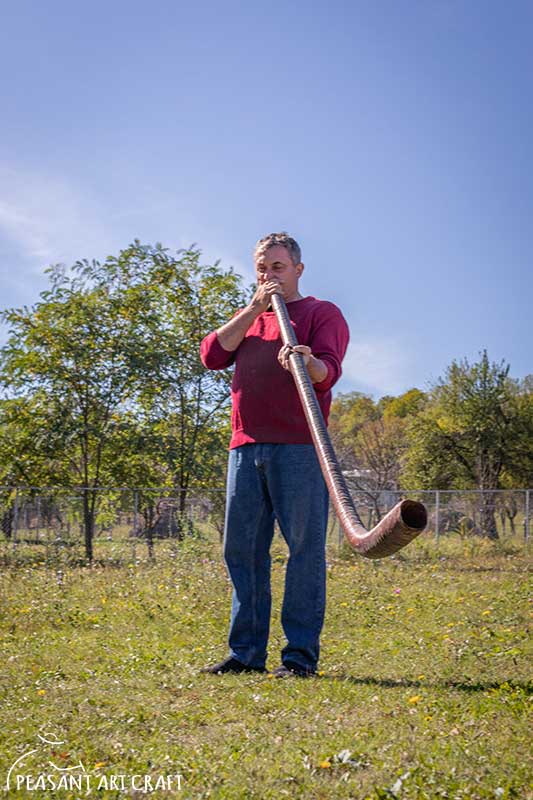
In the heart of Vrancea, in an idyllic mountain landscape amid picturesque scenery, stands a traditional house where history comes alive. Legend has it that hundreds of years ago, the Prince of Moldavia, Stephen the Great, had lost a battle and was wandering through the woods when he came to the house of an old woman, Vrâncioaia, by her name. She used an alpenhorn to summon her seven mighty sons and asked them to help the Prince. They raised an army, and together with Stephen, they reclaimed the land. After the battle, they were repaid with a small district in Vrancea and they named the land after them. „You are seven brothers, and in Vrancea there are seven mountains. May they be yours forever, along with the valleys, the meadows, and all there. Now go to your forests and rule them healthily, for a long time from now”, wrote the Price on calfskin. One of her sons, Spulber, settled in the west of Vrancea and named the village after him, and so it lasted to this day. This legendary place has a long tradition of making an alphorn and a special charm that carries you away with the rhythm of the traditional alpenhorns, which can still be heard today.
Beautiful alphorns are ringing out to signal village celebrations and gatherings. The Spulber Alpenhorn Players turn up for village ceremonies and practice various tunes, from centuries-old Alphorn callings to more modern melodies.

One of them is a renowned Alpenhorn player and artisan, Enache Manole, who keeps alive the craft of woodworking and the making of alpenhorns, which has been carefully passed down from generation to generation. Throughout the centuries, the family has gained experience in how to make the wood sound.

„My grandfather had taught me to play. I teach twelve children how to build and play the alphorns”, he says, grabbing hold of an ash trunk with an interesting shape.
„It is curved at one end and straight at the other. It’s rare to find a tree that has grown in this specific shape, you can find maybe one or two in a year. The bucium is a wind instrument with a two-meter-long tube of ash wood and a mouthpiece of alder wood”, he explains.

His workshop was neat and organized. In the center was a shaving horse, and on the left wall a bulletin board decorated with honorary diplomas and pictures of him training a new generation of practitioners. The tools of the trade were neatly displayed on the wall next to the bulletin board: frame saws and draw knives. My attention was drawn to one particular instrument with an unusual shape.

„It is a hollowing knife”, he explains. The trunk is shaped with a drawknife, then split into two pieces, which are hollowed out with this hollowing knife”, he continued. „Then the two ends are glued back together and nailed.”
The mouthpiece was made from a dry section of elder wood. He used a hand drill to bore a hole through the center of the section.

Then came the most interesting part. With a knife, he cut off ribbons of bark from a cherry trunk and have them wrapped around the instrument. As easy as it may sound, this was, in fact, a grueling task but very spectacular. Just hearing the peeling sound and the satisfying smell of the fresh bark was extremely pleasant. In a corner, various alphorns stood upright. Among them were some old alphorns that he inherited from his grandfather. They wouldn’t exist to this day without the skill and effort of their makers.

The sound of the bucium isn’t just music; it is an echo of the past. The call has accompanied people’s steps and work since ancient times when it blew the people together for war, village gatherings, or celebrations.
Shepherds used it for communication between high pastures, its call slicing through the Carpathians, reaching far and wide to call back the herd. The alphorn is not at all found only in the land of Vrancea. Similar types of bucium can be found throughout the country’s mountainous regions. In Apuseni Mountains, the tulnic has a similar structure to the Swiss alphorn, a tubular straight shape. In the Carpathians of Maramureș and Bucovina, brass longhorns known as trambita were used as a herding call
In the end, we beautifully captured a symphony of sounds. Natural rich clean tones came out of his instrument as he played. The music enveloped me with its power and that kind of feeling that connects us with something bigger than ourselves. It was a once-in-a-lifetime experience for us and the little ones who seemed very impressed!
Location: Village of Spulber, Vrancea, Romania / Contact Enache Manole: 004 0787 588 851
Similar Articles

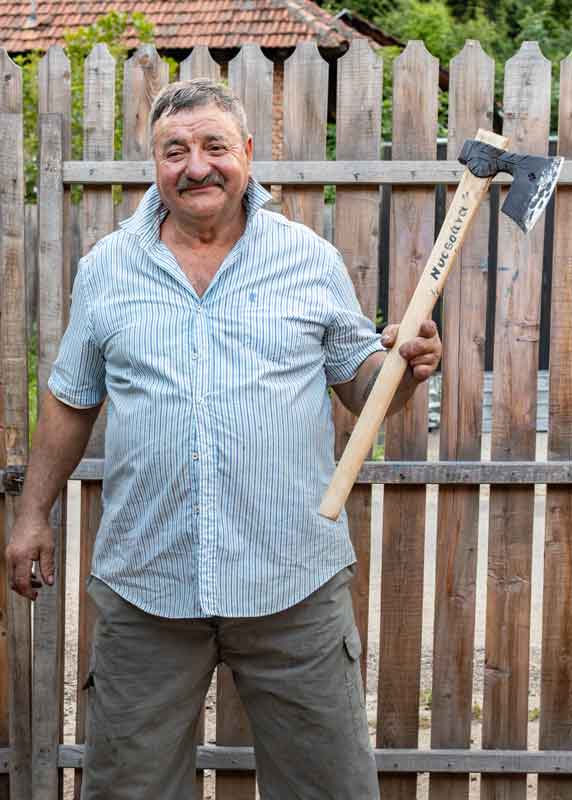
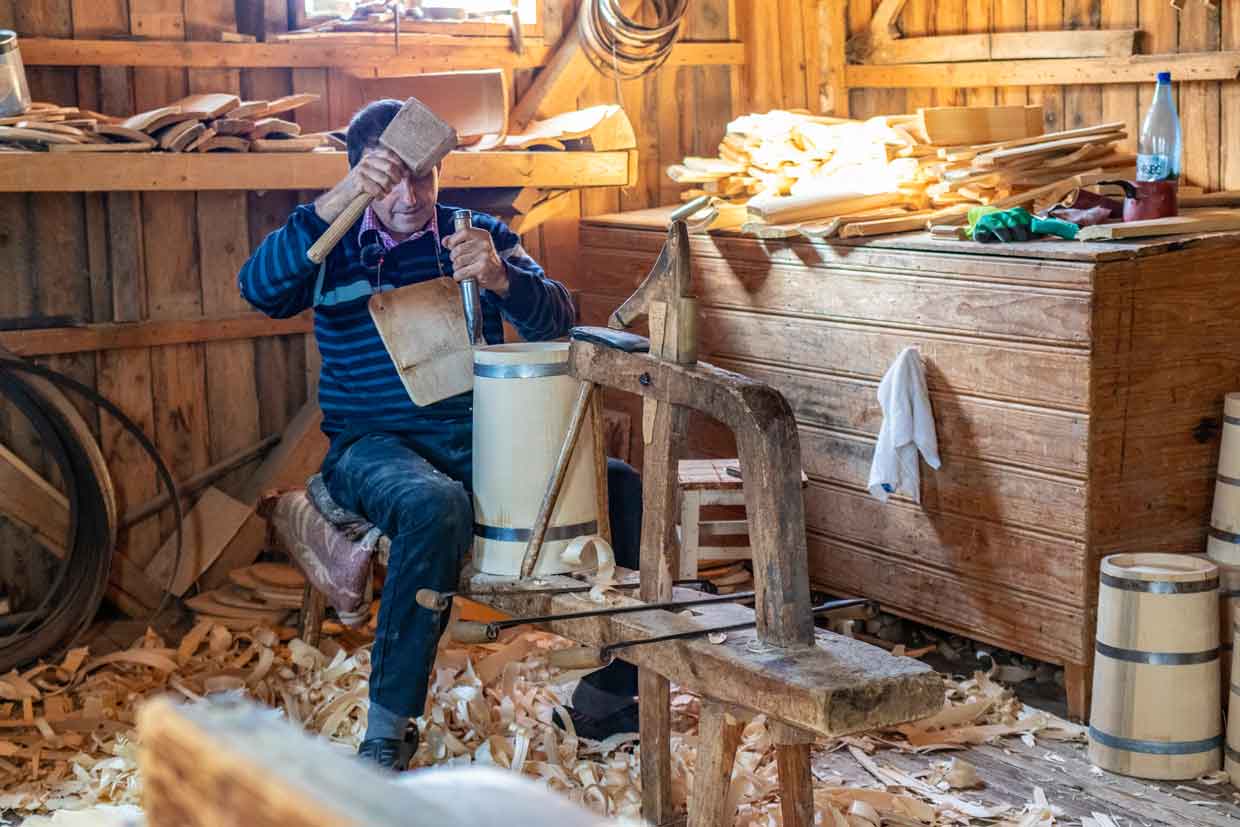
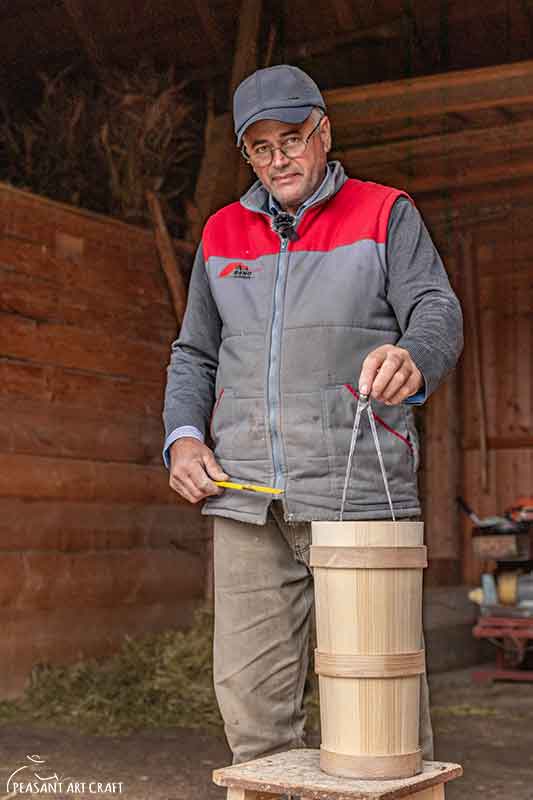

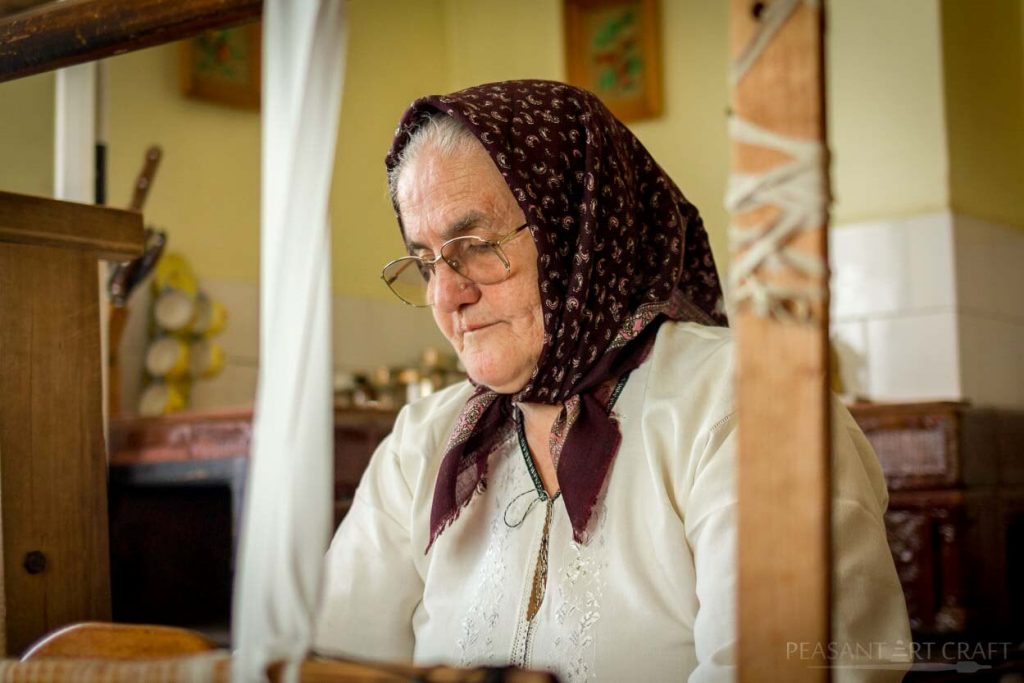

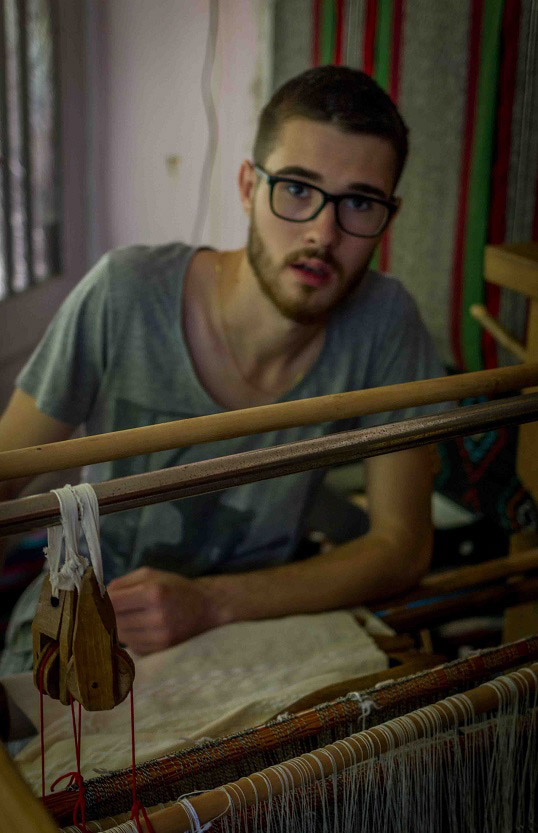
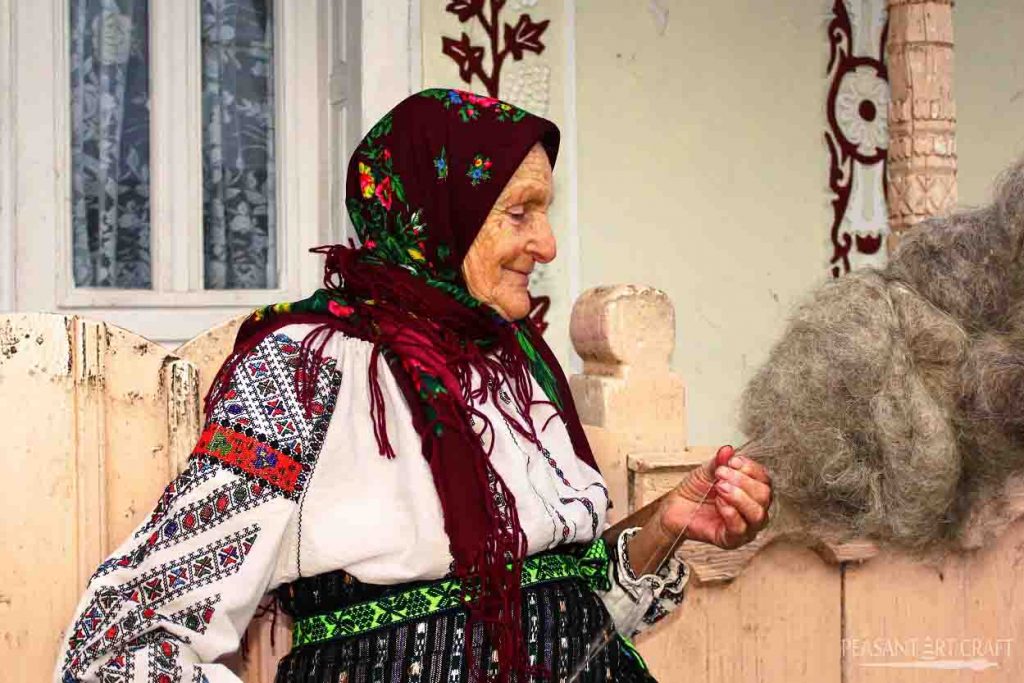
Leave a Comment